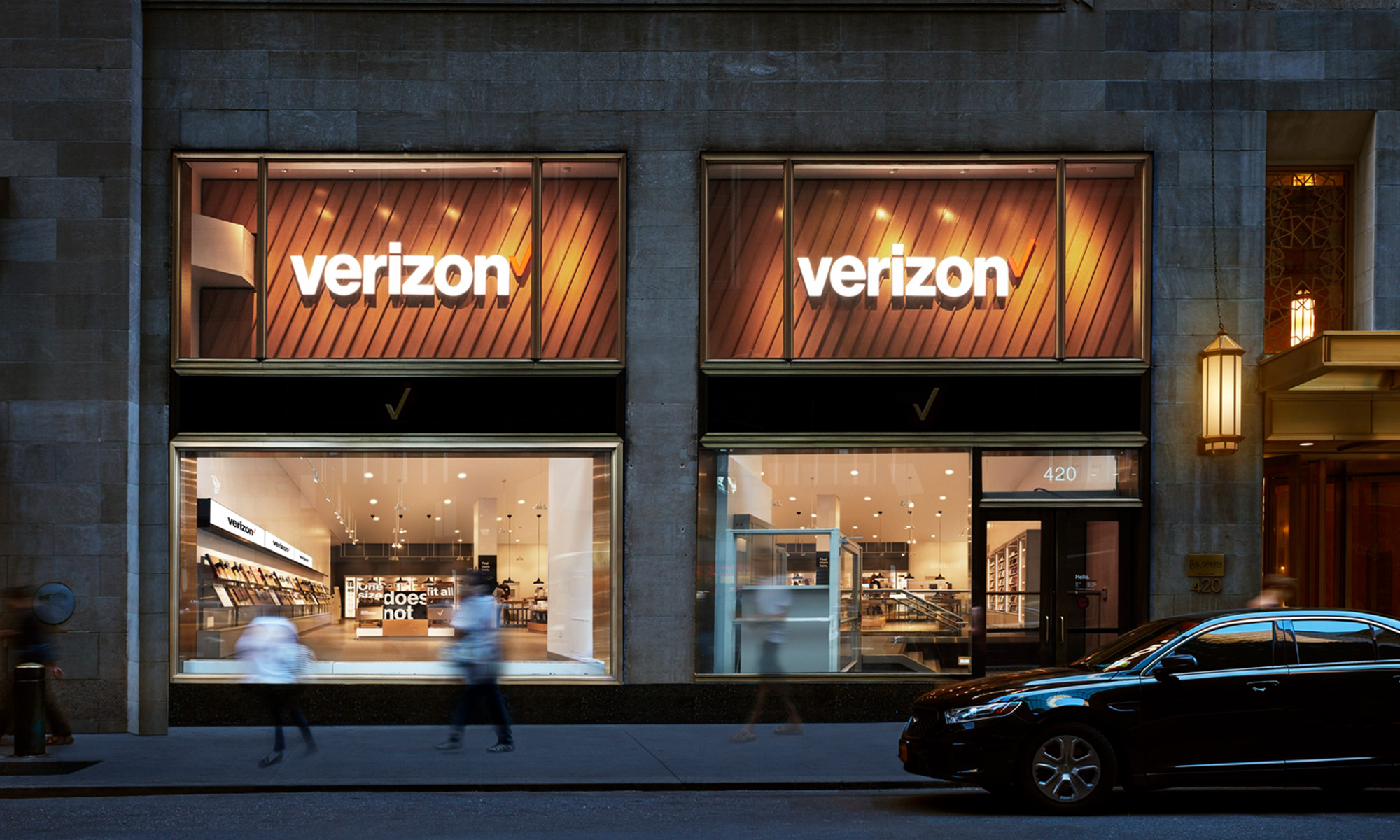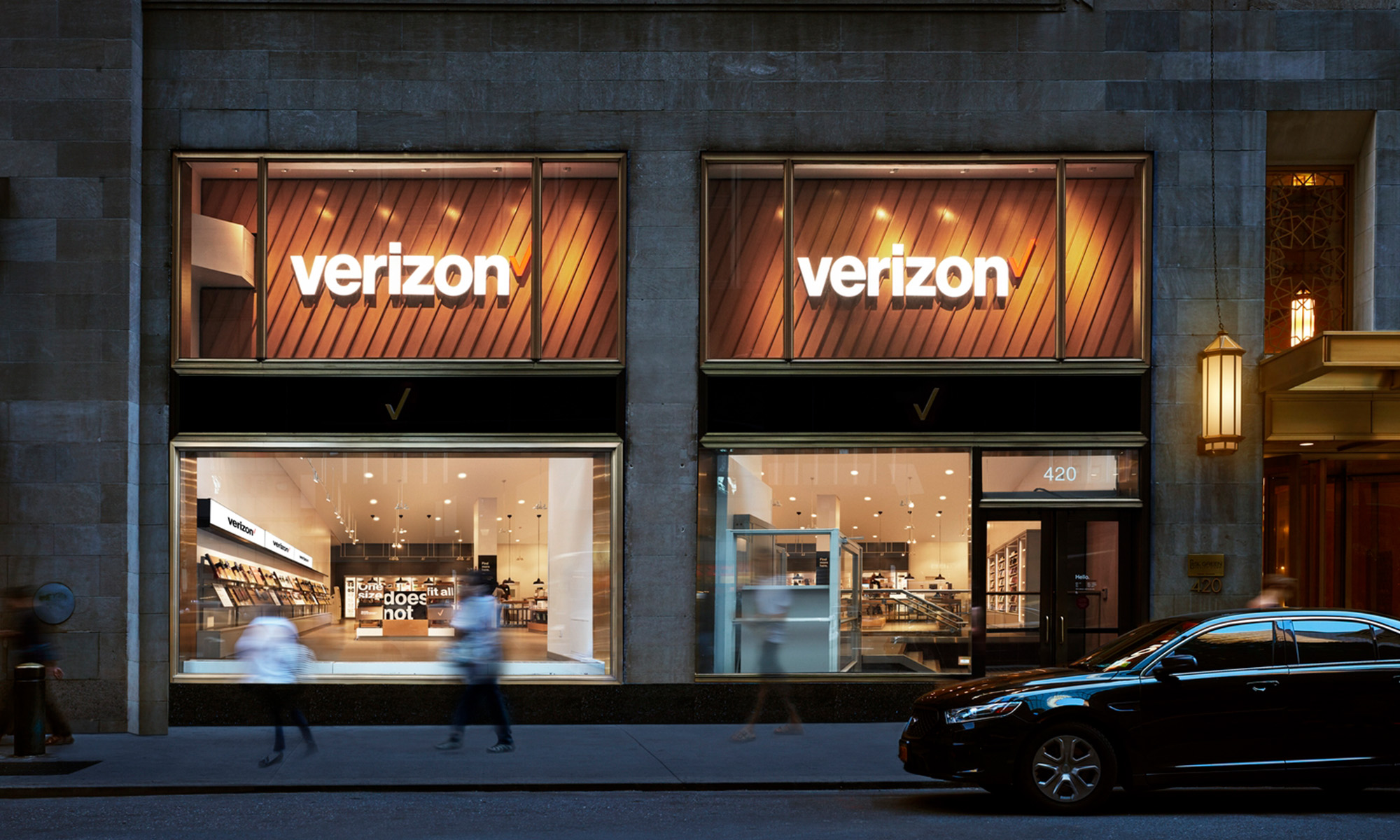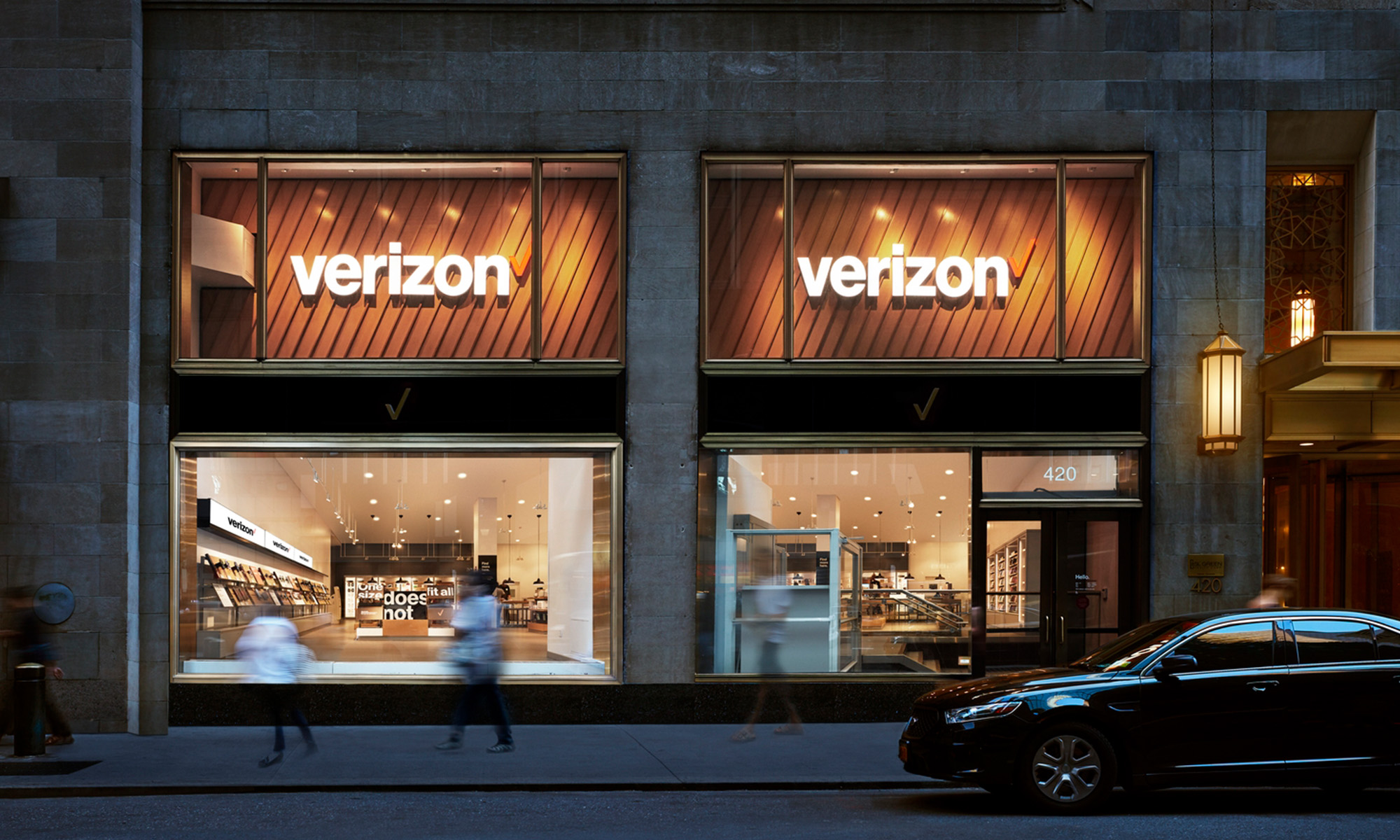PepsiCo (PEP +5.06%) has been a popular dividend stock for decades. This stands to reason -- it holds a portfolio of familiar brands anchored by its near-namesake soda, and its free cash flow is strong and sustainable enough to support a relatively generous payout that currently yields 2.9%.
Still, PepsiCo is far from the only game in town. Here are three top stocks that boast higher yields than the drinks-and-snacks giant.

Image source: Getty Images
Verizon Communications
Verizon Communications (VZ +3.84%) is the largest wireless carrier in the U.S., and its lead is only widening. When you're a behemoth, it isn't easy to grow. But Verizon's crucial line items such as non-GAAP (adjusted) per share net profit and -- to quite an impressive degree -- free cash flow (FCF) are still on the rise.
The latter is a particularly important metric for income investors to watch, as FCF is the food that nourishes dividend payouts. The telecom has taken care of its stockholders with a relatively generous distribution that it's increased annually for 13 years in a row. Although it has a heavy debt burden -- operating in a competitive and capital-intensive sector will do that -- that rising FCF is helping pay it down.
Verizon accumulated quite a bit of that debt to finance its buyouts of Yahoo! and AOL, during that brief wave when telecom giants thought it was wise to acquire big media properties (see also AT&T's Time Warner acquisition). That expensive trend, which doesn't seem to have bolstered the fortunes of the buyers (at least not yet) seems to be over now. But their renewed focus on core competencies should help their operations and finances.
In September, Verizon raised its quarterly dividend by 2% to just under $0.62 per share. This yields 4.1% at the company's most recent closing stock price.
Walgreens Boots Alliance
The pharmacy segment, too, is highly competitive and dominated by powerful veterans. Walgreens Boots Alliance (WBA +0.00%) elbowed its way to the head of the pack by buying almost 2,000 Rite Aid stores in a deal that closed in early 2018. It has also been clever in working out cross-marketing and selling deals with the likes of Kroger, the nation's largest supermarket operator.
Meanwhile, the graying of America should increase demand for the goods and services pharmacies provide. In turn, this should help Walgreens maintain its profitability and keep revenue moving northwards.
It's little wonder that private-equity powerhouse KKR & Co. has apparently made a buyout offer for the company. If the media reports about this prove accurate, the stock price could move higher.
Walgreens has been paying its investors a dividend since before most of us were old enough to buy medicine at a pharmacy. Its quarterly payout these days is $0.46 per share, yielding just shy of 3%.
Realty Income
The vast majority of dividend stocks hand out their distributions on a quarterly basis. If that's too infrequent for you, consider buying Realty Income (O +1.47%), a well-known real estate investment trust (REIT) that pays its dividends every month.
This isn't a recent gimmick aimed at goosing the share price. Realty Income has been doing the monthly dividend thing for decades, and over that long stretch of time, it has raised the distribution (albeit marginally, in most cases) in more than 100 instances.
The REIT focuses exclusively on properties in the retail sector, and it has maintained a nearly 100% occupancy even in the face of the so-called "retail apocalypse." The trick is that it tends to lease to tenants that operate in apocalypse-resistant sectors like health clubs, movie theaters, and supermarkets. Think about that -- it's nearly impossible to get a full, proper gym workout in your living room, for example.
Realty Income's upcoming monthly payout will be just under $0.23 per share, which yields 3.5% annually at the current stock price.








